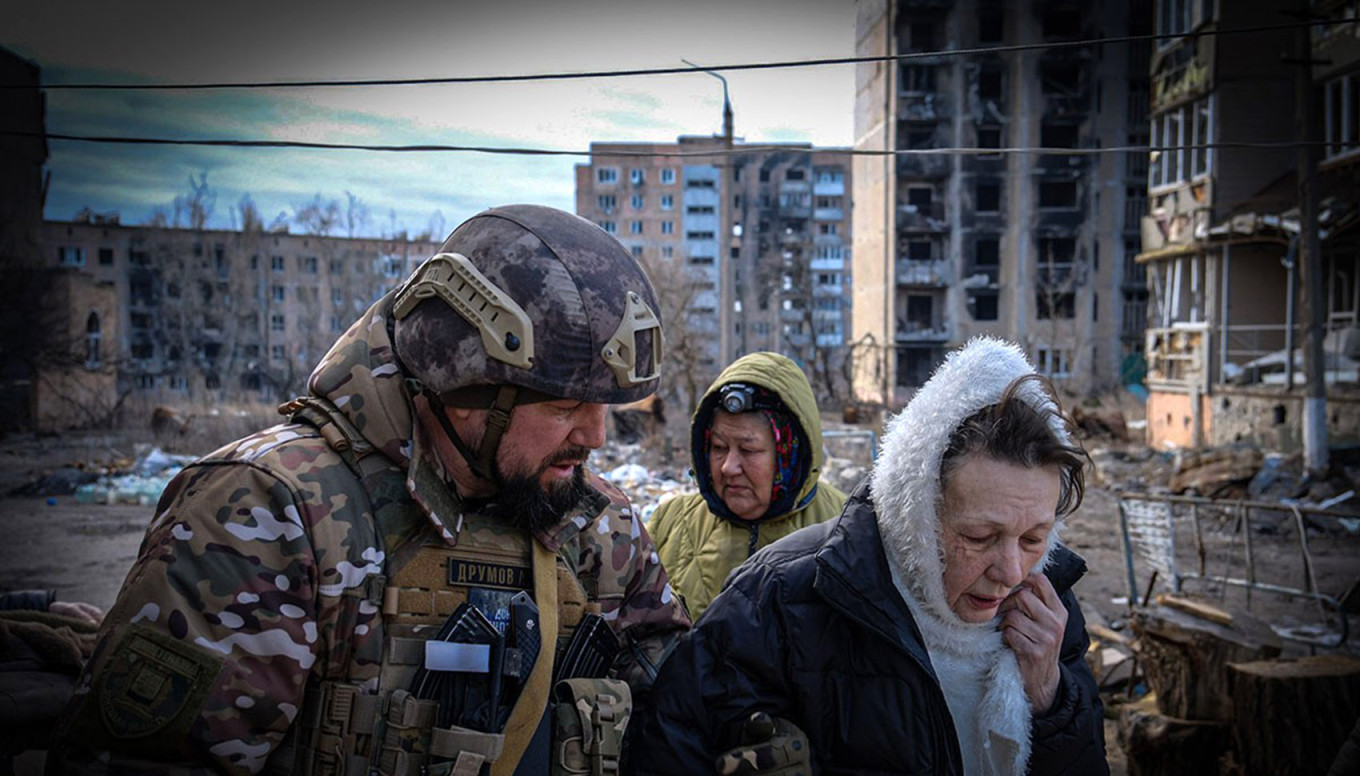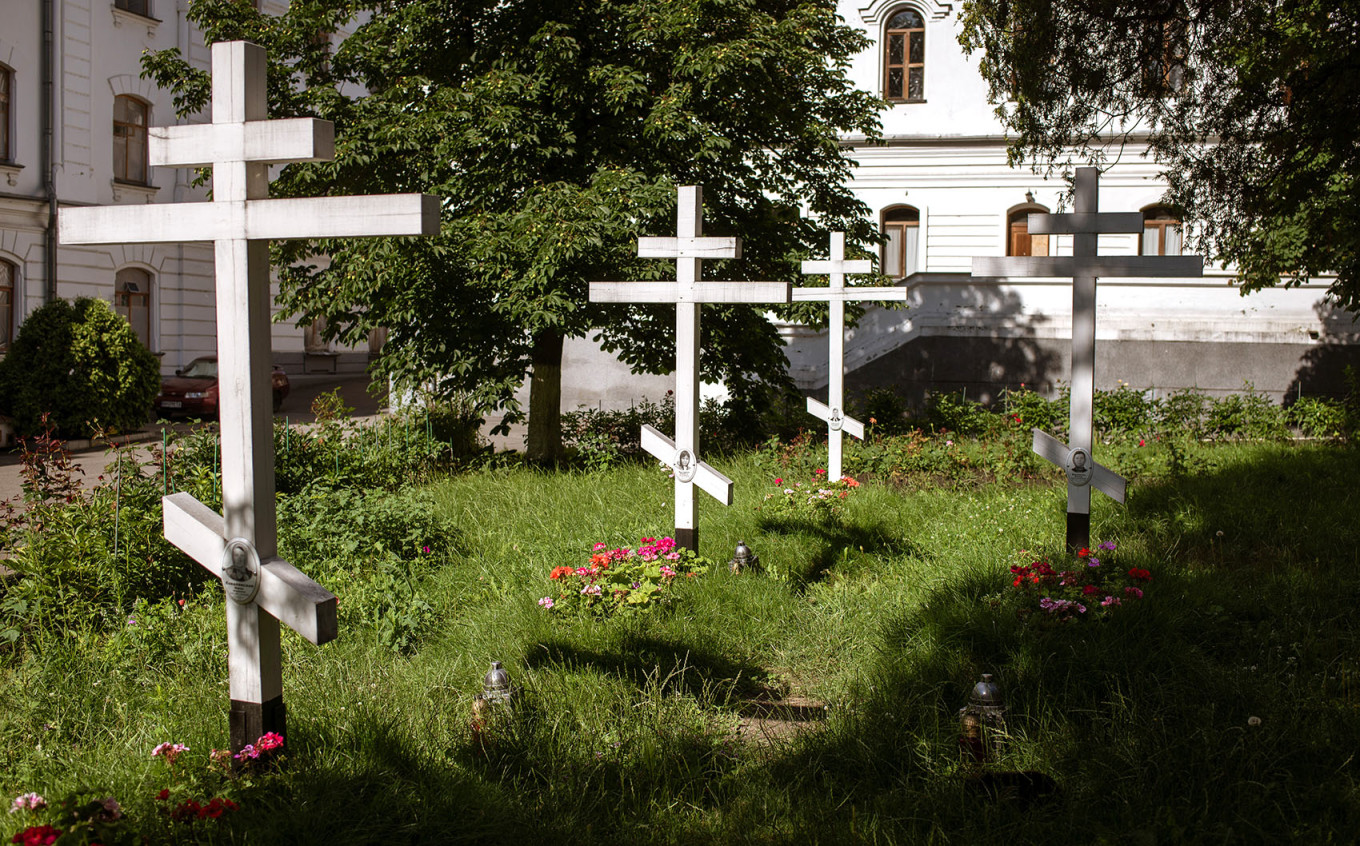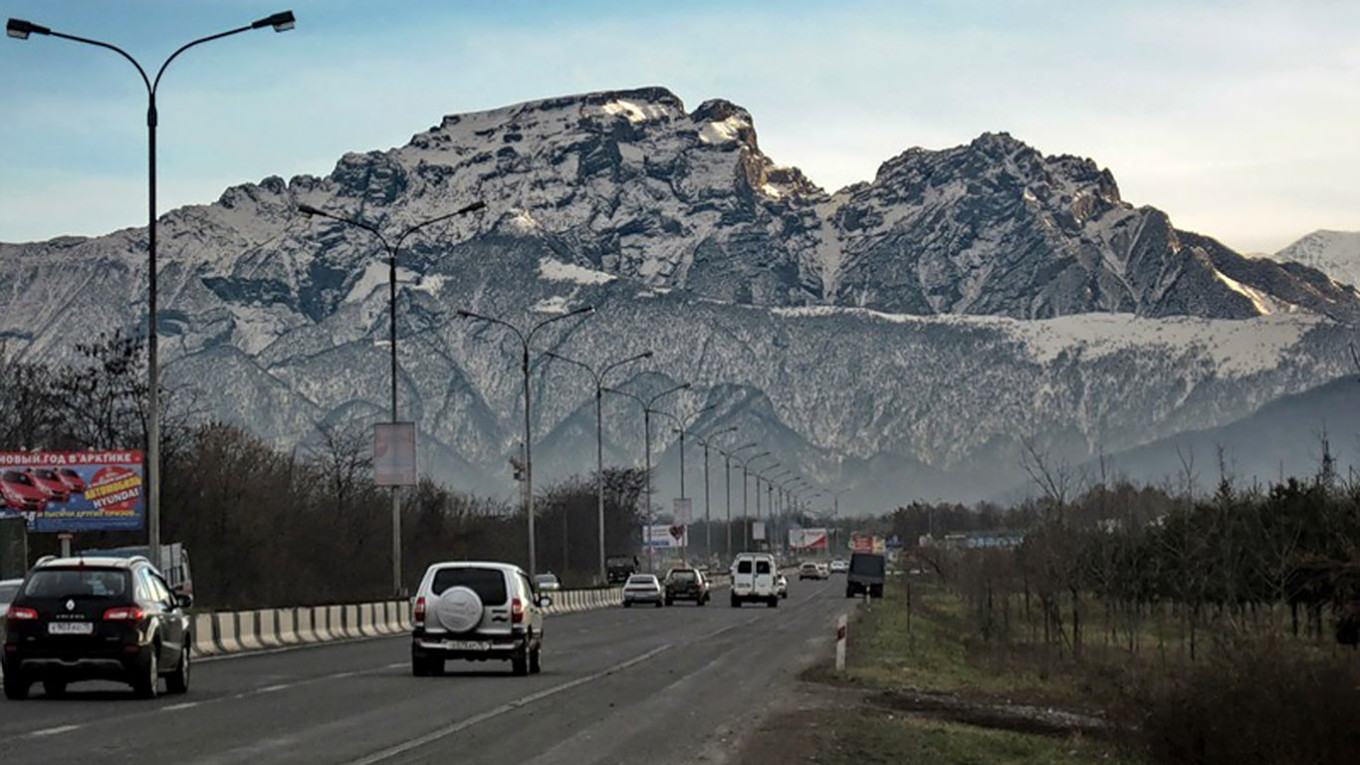Throughout her career, independent renewables expert Tatiana Lanshina has launched innovative research and nonprofit projects related to Russia’s energy transition, including initiatives such as renewable energy certificates under the international I-REC standard. Following the Kremlin’s military offensive on Ukraine in February 2022, Lanshina realized that her experience in Russia was now worth nothing.
Currently based in Germany, she has since taken her expertise to countries like Kazakhstan, Uzbekistan and others.“The Russian war machine is killing Ukrainians and Russians, as well as education, culture, science and any new ideas inside Russia,” she told The Moscow Times.
“I didn’t want to spend years of my life trying to change things at home, knowing the outcome would be zero.”Russia’s renewable energy sector has seen a number of challenges since the invasion of Ukraine and subsequent deterioration of relations with the West.For the young industry that had only begun to establish itself in Russia over the past decade, the departure of Western partners, on which the sector relied financially and technologically, propelled it into an uncertain future. Yet even before the start of the war, another exodus has quietly unfolded. In recent years, dozens of top renewable energy experts and advocates have left their careers in Russia behind, according to estimates by The Moscow Times’ reporter who was previously involved in the field.The result has been a loss of knowledge and expertise that could stall the expansion of renewables in Russia, the world's fourth-largest greenhouse gas emitter.Emin Askerov, a former top executive at several companies owned by state atomic agency Rosatom, is today based in Istanbul, where he consults investors and startups in green tech as the CEO of Akari Consulting.Having played a pivotal role in launching wind energy technology and lithium-ion batteries in Rosatom — sectors that were brand-new in Russia in the late 2010s to early 2020s — he decided to leave the country after realizing that the solar, wind and energy storage markets would all be controlled by the state monopoly, taking away any competition and genuine technological progress.Combined heat and power plant near Moscow.Dmitry Klykov (CC BY 3.0)“All that's left is to follow orders and adjust to the constantly changing circumstances.
In the process, you can earn a good salary, enjoy privileges, have a personal driver and fly business class, but still be completely subservient,” Askerov told The Moscow Times. “I realized that just marching in step is not what I want.”Some businesspeople in Russia have felt compelled to secure the approval of a select few top decision-makers, who Askerov described as "three for the whole country."He recalled a case in which a large Russian company, coming up with a groundbreaking project related to energy transition, was long reluctant to launch it over concerns about how it would look to President Vladimir Putin.“People are genuinely afraid.
They fear something more than just losing their job.
And I think their fear is not unfounded — these are experienced people who have worked in such structures for a long time," Askerov said.Instead of technological advances, the majority’s real worries revolve around preserving their current positions, aiming for career development to more lucrative roles, or perhaps seizing a portion of someone else's business, the expert added.“A lot of great ideas will remain on paper or as prototypes only because the boss will decide that now is not the time.
And this will be dictated not by the market forces, but by the moods of the first official [Putin] and his inner circle.”“In this coordinate system, you can do nothing," Askerov concluded.The rhetoric of the Russian establishment occasionally acknowledges the necessity of energy transition, albeit with the condition that it should be “gradual” and “balanced,” as Putin said at the BRICS summit in Johannesburg in August.Sergei, a former ESG managing director at Russia’s largest bank and currently the CEO of a recycling startup in Dubai, said that in practice, Russia's green transition was primarily an effort to satisfy Western investors and shareholders.“When those shareholders left, it became clear that no one really needed [the ESG agenda] anymore,” Sergei, who asked that his last name be withheld in order to speak candidly, told The Moscow Times.Realizing the diminishing prospects for international projects and not wishing to be sent to the frontlines in Ukraine, Sergei decided to move abroad. Lanshina agreed that the green transition was gaining momentum in Russia mostly to please its European partners.
The real value of some projects, such as achieving carbon neutrality in the Sakhalin region by 2025, remains controversial because the country's climate undertakings are mostly an imitation of a real climate policy.“Russia didn't perceive it as necessary for the country itself — it was something imposed by a stronger partner,” Lanshina explained.
“So on one hand, Russia wanted to make the impression it was making an effort — but on the other hand, it was annoyed by Western partners.”Askerov referred to these innovative projects as a “Potemkin village,” meaning they were only undertaken to be able to write something down in a report to show to a boss later.“In Russia they say we have over 80 startups within Rosatom, there's also Skolkovo — but none of it works, nobody really needs it.
The decision-makers in charge of those startups typically have other sources of income and have already accumulated wealth elsewhere.”Berestovskaya wind farm.novawind.ruDeputy Prime Minister Alexander Novak said in May that the country aimed to create a clean energy industry capable of producing solar and wind equipment without the need for foreign partners.This rhetoric is unsurprising in the context of the government's aim to achieve “technological sovereignty” by 2030.
Calling it “a fundamentally new stage” in Russia’s technological development, the government envisions a reliance predominantly on domestic research and production to meet the country’s technological needs.In the context of renewables, this goal is described as feasible at venues like the recent St.
Petersburg International Economic Forum, but the experts in exile remained skeptical.
They point to the high complexity of modern clean energy technologies and the significant costs associated with doing things on your own in today’s globalized world.“Similar to other electronics, renewables are reliant on economies of scale.
Russian solar panel manufacturers are unlikely to achieve the same scale as Chinese ones within the foreseeable millennium,” Sergei said. “You could have been technologically sovereign in the 17th-century Netherlands: you had ships, cannons and corsairs with sabers.
But in the contemporary world, no,” Askerov noted.Of the 14 experts surveyed by The Moscow Times, about one-third believed that the Russian renewable energy sector is now headed for "stagnation," another third for a "gradual degradation," while the remaining entertained the possibility of new bursts of growth, including with new technological partners from “friendly” countries.Regarding the possibility of returning to Russia, half of the emigres polled indicated their willingness to do so “if the situation changes for the better.” Only two of the 16 respondents said they intended to work exclusively for their new countries.
The rest remained unsure.Unless the circumstances change, the exodus of progressive thinkers signals that the space for new ideas and technologies could shrink even further. “Breakthroughs are made by people who are not satisfied with just sitting in the office and going to meetings.
But they still need a more or less friendly environment.
It seems to me that such an environment no longer exists in Russia,” Askerov said.With renewables now accounting for just 1.1% of electricity in Russia, the chances for a major green U-turn in the near future appear slim.“I have a feeling that no official in Russia has yet fully understood what energy transition is.
That it's not about merely installing a certain number of wind turbines or solar panels, but about shifting the entire system and mindset,” Lanshina said.“And now the hope that someone will realize this is zero.”
Music
Trailers
DailyVideos
India
Pakistan
Afghanistan
Bangladesh
Srilanka
Nepal
Thailand
StockMarket
Business
Technology
Startup
Trending Videos
Coupons
Football
Search
Download App in Playstore
Download App
Best Collections

 12
12









